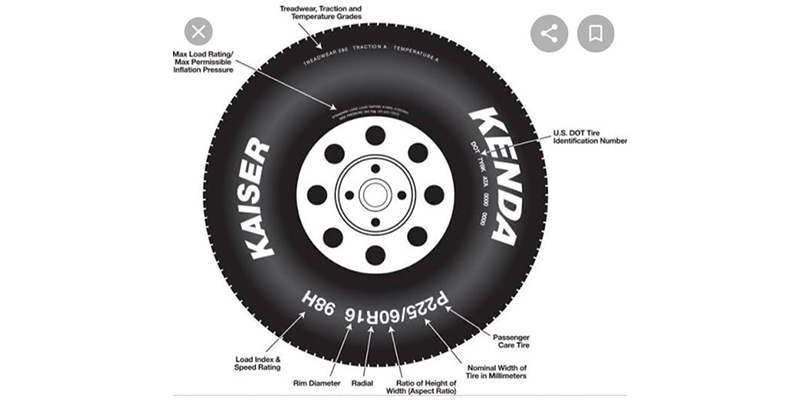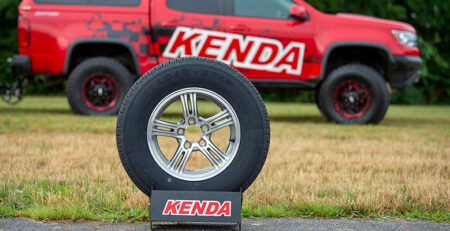Tire inspection and safety are crucial aspects of vehicle maintenance. Properly maintained tires are essential for optimal performance, fuel efficiency, and overall safety on the road. Regular inspection of your tires can help identify potential issues and prevent accidents. Here are some key points to consider regarding tire inspection and safety:
- Tire Pressure: Check your tire pressure regularly, ideally at least once a month or before long trips. Use a tire pressure gauge to ensure the tires are inflated to the recommended pressure indicated by the manufacturer. Underinflated or overinflated tires can affect handling, fuel efficiency, and tire lifespan.
- Tread Depth: Inspect the tread depth of your tires to ensure they have sufficient traction. In many countries, the legal minimum tread depth is around 1.6mm, but it is generally recommended to replace tires when the tread depth reaches 3mm or lower. You can use a tread depth gauge or the “penny test” to check tread depth.
- Tire Wear: Inspect the tire surface for signs of uneven or excessive wear. Uneven wear patterns may indicate misalignment, improper tire rotation, or suspension issues. Additionally, look for signs of sidewall damage, bulges, or cuts, as these can compromise tire integrity.
- Tire Rotation: Regularly rotate your tires to ensure even wear and prolong their lifespan. Refer to your vehicle’s manual for recommended rotation patterns and intervals.
- Wheel Alignment: Proper wheel alignment is crucial for even tire wear and optimal handling. If you notice uneven wear or your vehicle pulling to one side, have the wheel alignment checked by a professional.
- Spare Tire: Don’t forget to inspect your spare tire as well. Ensure it’s properly inflated and in good condition so that it can be used in case of an emergency.
- Seasonal Considerations: Different weather conditions require different types of tires. In regions with winter conditions, consider using winter tires with appropriate tread patterns for better traction on snow and ice.
- Load Capacity: Make sure you don’t exceed the load capacity recommended by the tire manufacturer. Overloading can lead to tire failure and increased risks on the road.
- Regular Maintenance: Keep up with regular maintenance of your vehicle, including tire rotation, balancing, and alignment. This helps maximize tire performance and safety.
- Professional Inspections: If you are unsure about the condition of your tires or suspect any issues, it’s advisable to consult a professional tire service or an automotive technician for a comprehensive inspection.
Remember, proper tire inspection and maintenance play a vital role in keeping you safe on the road. Regularly monitoring tire pressure, tread wear, and overall condition will help ensure optimal tire performance and reduce the risk of accidents caused by tire-related issues.






Leave a Reply